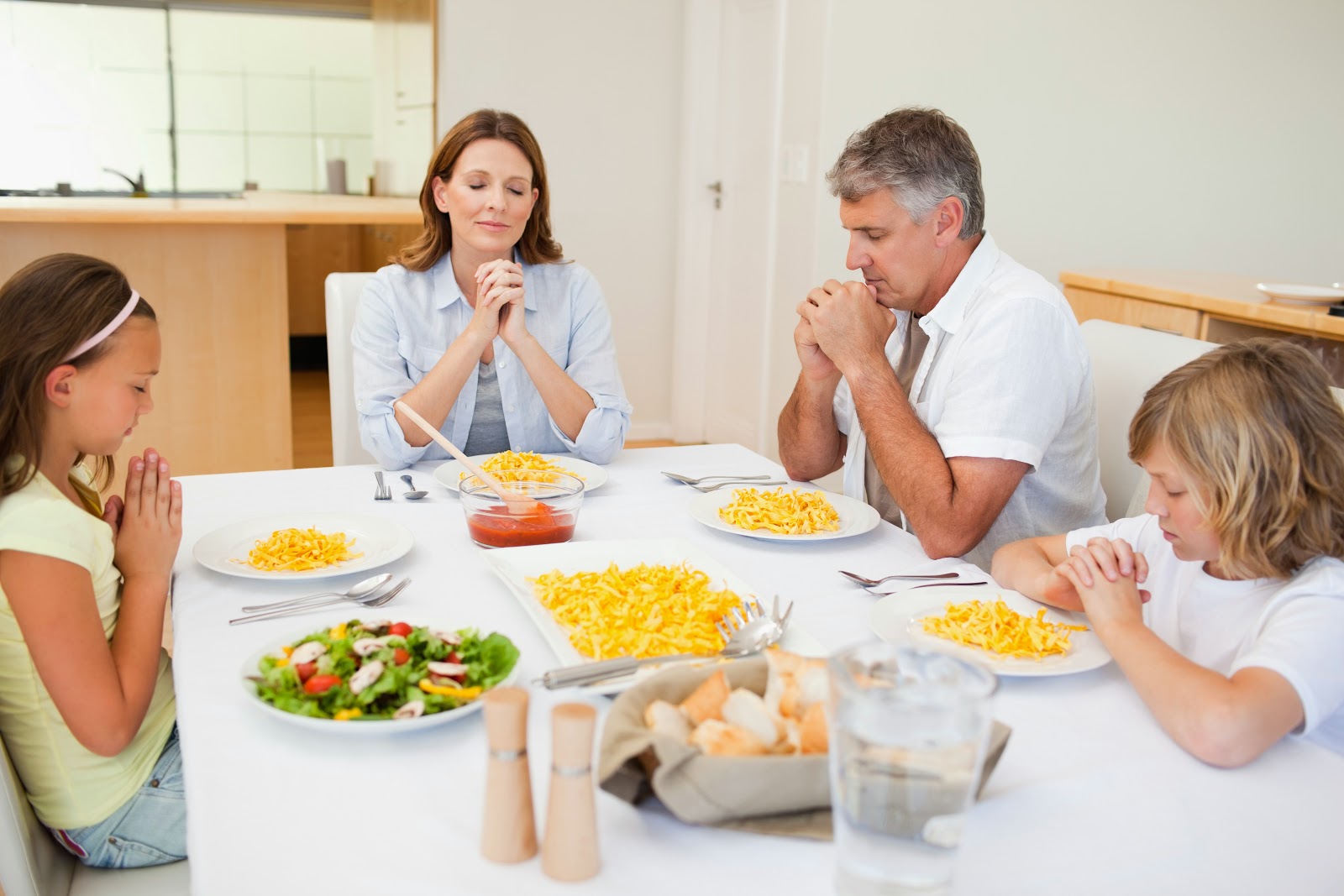I’m writing a trilogy. Book one, Wake the Dead, is available. Book two, Killswitch, has endured the editing process—thank you, Sarah Grimm, for making me a better writer.
 While I’m awaiting the release date for book two,
book three is dripping onto the computer screen. Chapter one thinks it’s done,
but I know better. Chapter two actually involves melting snow rolling off the
roof in cold droplets. Drip. Drip. Drip. Tomorrow, my protagonist thinks, the
snow will clear and he can be on his way. I hope so. I need for him to get on
with it.
While I’m awaiting the release date for book two,
book three is dripping onto the computer screen. Chapter one thinks it’s done,
but I know better. Chapter two actually involves melting snow rolling off the
roof in cold droplets. Drip. Drip. Drip. Tomorrow, my protagonist thinks, the
snow will clear and he can be on his way. I hope so. I need for him to get on
with it.
Like book three, the first two books started with a whisper.
But I know the closer I get to the middle, the faster the story will move. I love
writing the middle. That’s when plot twists and dialogue surprise me. (Yes, I’m
the one writing it, but I’m surprised anyway.) Then the end comes too quickly.
I don’t want it to be over.
In the normal rhythm of being, barring untimely
circumstances or tragedy, life happens that way. We’re born and we don’t know
much. For a while we just have to lie there and let it happen. Then we struggle
to get up, to learn, to speak. To live. When we’re young, we make mistakes.
Sometimes we don’t know what we want. We might need to start over a few times.
By the time we get to the middle, we hope to have it figured out. We know who
we are and what we want, though we don’t always get it. Sometimes we’re surprised.
We’re living a story filled with intrigue, sorrow, love, comedy, and hope.
There are a few boring passages that might have gotten edited out of a novel.
In real life, they roll by and nobody remembers them completely. They’re just
sleepy shrugs in the wrinkles of our minds.
Writers don’t always finish what they begin. Some stories
get cut off. But for most writers and most stories, the closer we get to the
end, the faster it all seems to happen. Isn’t it the same with life? Perhaps we
suffer a bit of regret that it’ll soon be over. We hope to leave a lasting
impression—to make a difference. For those of us who follow Christ, the end is
sweet. We long for the commendation of our Father…. “Well done, good and
faithful servant.” The gain is greater than the loss. For me, writing a novel is
the careful unfolding of a life. Typing the last sentence brings great
fulfillment. But I hate to see it end.
So here I am on book three—somewhere between just letting it lie there and watching it get up and do something. It’s still a babe. As for real life, I’m somewhere in the middle. I’m not sure I have it figured out, but I do know what I want. I won’t get it all. I will be surprised. The arduous beginning is behind me. The fast-rolling ride to the end is ahead. Maybe that’s why I love writing the middle of a novel—because that’s where I’m living. It’s where the best stuff happens.

Or not. The best is still ahead. When it reaches its end, a good book is a satisfying thing. Then it’s done. But a life redeemed by Christ, when reaching its end, is but a turn to a story never ending.



















